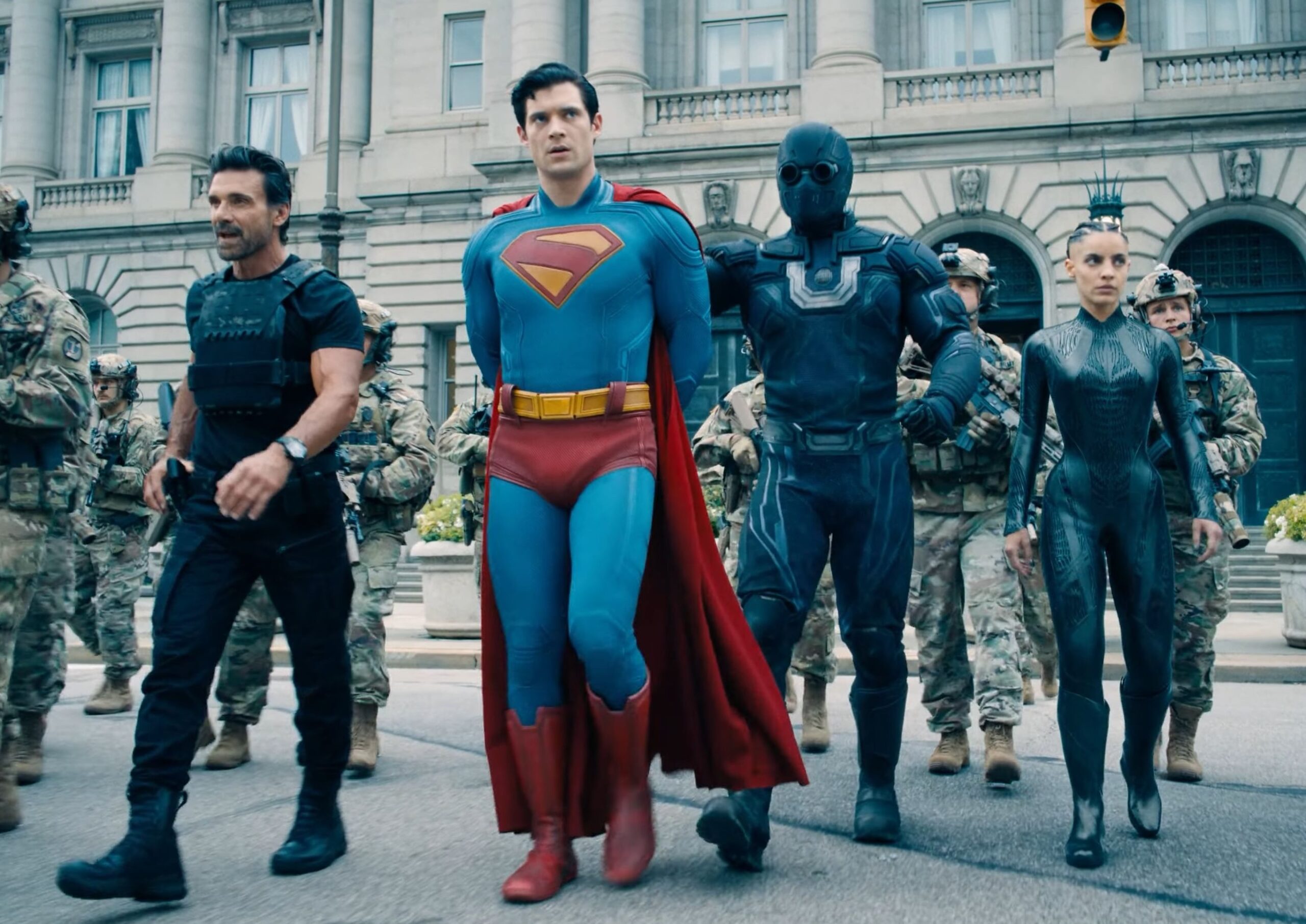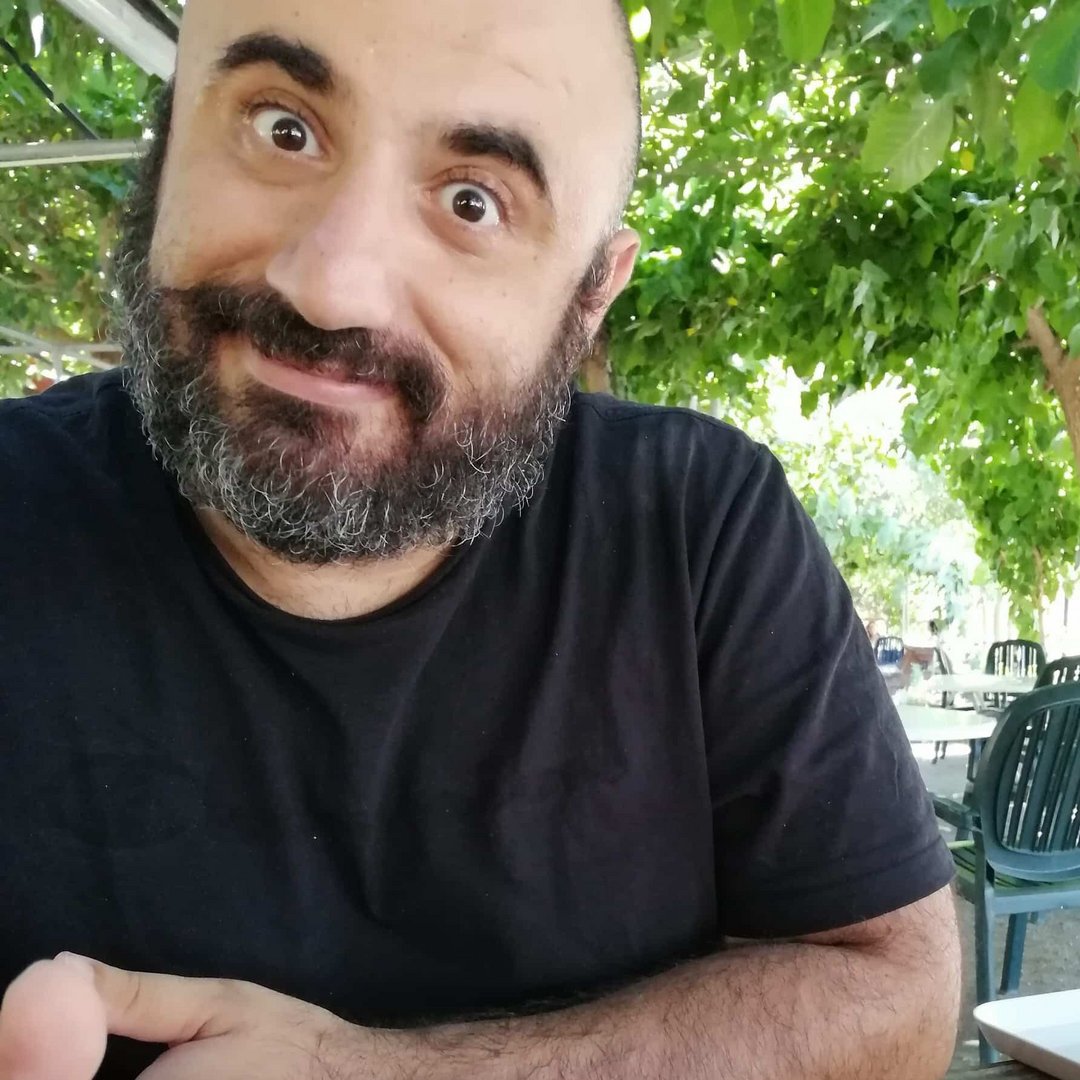The DC Universe now rests on the shoulders of a director who was once cancelled
I was never a big fan of culture wars. I have always considered it to be a distraction from the real issues, such as systemic oppression, and an attempt to turn us against each other. Thus, terms like ‘woke agenda’ get such a major eye roll I can actually see the back of my head. Whenever someone uses the term unironically, I stop taking them seriously.
Still, not every battle in the culture wars is meaningless. Cancel culture, the act of withdrawing public support from someone due to their past behaviour, is very real. Most of the time it brings overdue justice, but sometimes it results in public shaming that leaves no room for growth or redemption. Not everyone is Harvey Weinstein. Sometimes people just make mistakes.
That brings us to James Gunn and the unlikely path that led him to reboot the most iconic superhero of all time.
In 2018, Gunn was riding high. A relatively unknown director turned Marvel’s obscure Guardians of the Galaxy into a box-office behemoth. The two films had grossed over $1.5 billion and helped solidify the MCU as a powerhouse. Gunn had just finished the script for the third instalment when controversy struck.
Far-right internet activists and conspiracy theorists unearthed tweets from 2012 in which Gunn made inappropriate jokes. The tweets, which Gunn had previously addressed and apologised for, resurfaced and went viral. Gunn issued another apology, admitting the tweets were part of a misguided attempt to be provocative early in his career, emphasising how much he had grown since then.
It was not enough. Disney moved quickly to fire him, claiming the tweets were indefensible. The decision was seen by many as a reactionary move, prioritising public relations over fairness. Fans, journalists, and even fellow creators pushed back. The cast of Guardians released a joint statement supporting Gunn, and WWE wrestler-turned-actor Dave Bautista went further, threatening to quit the franchise if Gunn was not reinstated.
While Disney hesitated, Warner Bros acted. They had a dormant but valuable property in the DC Universe, which included heroes like Superman, Batman, and Wonder Woman. Unfortunately, their cinematic efforts had faltered. Zack Snyder’s dark and gritty take on superheroes had not connected with audiences, and Justice League was a critical and commercial disappointment. DC needed a reset and a visionary leader.
Enter James Gunn.
Warner Bros offered him a trial project with The Suicide Squad, a soft reboot of an underwhelming 2016 film. Despite releasing during the pandemic and streaming simultaneously on HBO Max, it was well-received. Gunn followed up with Peacemaker, a spin-off series that became a surprise hit. Warner Bros saw their opportunity and gave Gunn and his producing partner Peter Safran full creative control over a new, unified DC cinematic universe.
Meanwhile, Disney had second thoughts. Under pressure from Marvel Studios and fans, they rehired Gunn to complete the Guardians trilogy. The result, Guardians of the Galaxy Vol. 3, was a box office success, bringing in nearly $900 million.
In early 2023, Gunn and Safran announced their plans for Chapter One: Gods and Monsters, a new slate of interconnected films and series. At the centre of it all is Superman, written and directed by Gunn himself. The project will serve as the foundation for the rebooted DC Universe, which also includes titles like The Authority, Supergirl: Woman of Tomorrow, Swamp Thing, and television series such as Lanterns focusing on the Green Lantern Corps.
Superman hits cinemas next week, and expectations could not be higher. Early screenings suggest Gunn’s fresh approach connects with audiences, with particular praise for the casting of David Corenswet as Superman and Nicholas Hoult as Lex Luthor. Gunn wanted to make a Superman that was inspiring in an increasingly cynical world. When the film begins, Superman already exists in the world, though still early in his journey. The plot sees him battling a rising tide of public distrust, orchestrated by Luthor, while facing off against a cosmic threat in the form of Solaris the Tyrant Sun.
Also, Krypto the Superdog.
What happens next is anyone’s guess. If Superman succeeds, it could launch a new era for DC. If it fails, it may mark the end of a long and turbulent journey for a franchise that has struggled to find its footing.
Either way, the future of the DC Universe now rests on the shoulders of a director who was once cancelled. Gunn’s story is a reminder that accountability and growth can coexist and that redemption is possible.
On July 8, we look up.






Click here to change your cookie preferences